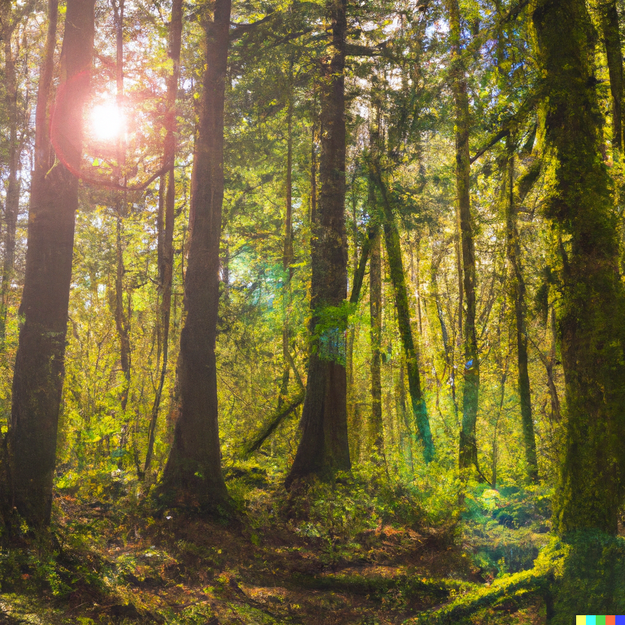Looking back at covid – what do we think about the strict restrictions?
Staying in nature is beneficial to us in many aspects. It is a time for relaxation, sports, and spending time with our friends. Being outside is healthy in itself. Going outdoors might prevent infectious diseases from spreading and it has a positive effect on our mental well-being. Studies have also shown that the green color has a calming effect.
Our mental health worsened after living under restrictions for more than a year, and a month in absolute ban to leave the resident district, because of the pandemic. Researchers focused on young people: students at elementary schools, secondary schools, and universities. Data about preschool and primary school children were obtained via their parents. Data collection took place immediately after travelling beyond one’s resident district was allowed, and it was observed if there is a correlation between going to nature and one’s mental health.
The study showed that women were affected by the lockdown more than men. This might be caused by a gender difference in the perception of nature as a mechanism for coping with stressful situations. Women were more stressed than men in less green areas, while men reported, that they spent more free time at the screens due to the lockdown.
 Studies show that the color green is calming. Another reason to get outdoors!
Studies show that the color green is calming. Another reason to get outdoors!Source: Dall-E 2
An important factor in perceiving the restriction to leave the resident district was the ownership of a house or a garden. People living in a house with a garden couldn’t imagine spending isolation in a small flat – they were aware of their benefit. People living in flats were indeed less content with the restrictions. They were often bothered by noise, from which there was nowhere to run. Another disadvantage was the location of the flat – it was often in a city and people couldn’t always go to nature. It was ironic that sometimes the outdoor environment wasn’t far away, but it was in another village, so they couldn’t go there.
Those who owned a recreational building could have an advantage during the lockdown, yet not everyone took it. Respondents who didn’t go to their cottage for example said that it wasn’t prepared for such cold weather, and therefore they wouldn’t go there even if there weren’t traveling restrictions. People who had a recreational building and would visit it if there wasn’t a lockdown did say that their mental well-being worsened since they couldn’t go outside.
People who regularly visit their relatives and go outside with them were another group of respondents. These people reported negative impact of the ban from leaving one’s resident district on their mental health. It was a very common reason why people didn’t go outside – because they couldn’t go with someone. Among the arguments why people didn’t go out were the obligation to wear a respirator or fear of a high concentration of people in one place. That really did happen somewhere, mostly because people couldn’t go to restaurants or attend cultural events. As a consequence people concentrated in places like parks or playgrounds for kids - something the restrictions were supposed to eliminate.
It can be concluded that people who were used to going to nature and had this activity connected to some place, such as their house with a garden, recreational building, or their relatives, their mental well-being was affected by the lockdown. They missed this part of their life. A place emotionally important to us, for example, a cottage, has a positive effect on our psyche. However, the lack of contact with such a place can cause loneliness or despair.
Eliška Leštinová
Document Actions